Japanese Flamenco Dancer, Ken Nagata challenges various dances around the world and introduce them on YouTube. It’s hard to understand the difference of dance if you don’t experience it. Few people know the difference of tap and flamenco. Indeed, I am not familiar with other dance besides flamenco, and that’s why I started this project. Whether you are a dancer or not, I hope you enjoy the dances around the world.
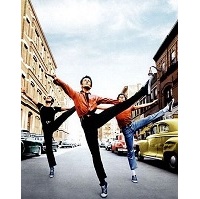 |
Dance style that emerged in 1920’s. The original movements came from African Americans which then incorporated elements of other dances such as ballet, modern, hip hop, and street dance. |
|---|---|
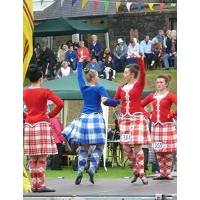 |
Dancers wear kilt and dance to music played by bagpipe. There are two types; dance in group and solo dance, and the latter was originally danced by soldier. |
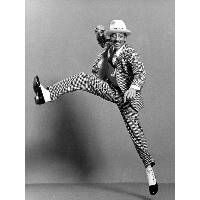 |
A dance performed wearing shoes with metal taps. Modern style, “rhythmic tap”, spread in the 1920s, while “Broadway tap” became popular by the fusion with musicals and movies. |
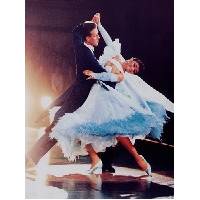 |
The dance style in pair started in 1800s and became popular across Europe. It is danced all over the world as a social activity, as well as a competition dance. |
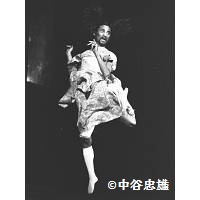 |
A new form of dance began in 1960s. It is normally performed in white body makeup with stillness and slow movements, which has no set style of rhythm and form. |
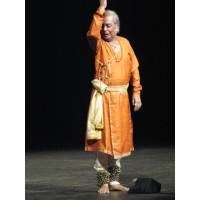 |
One of the classical dances, originally started from storytellers in ancient India. Dancers tell stories through their hand movements and footwork, wearing small bells on their ankles. |
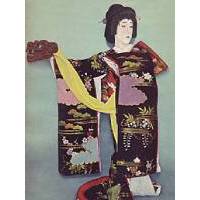 |
Dancers wear Kimono and often use a fan. It developed and separated from the male-only Kabuki theatre (dance), and has incorporated dance by female performers. |
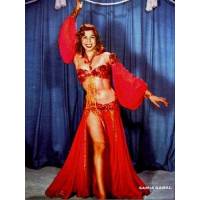 |
Belly Dance|Middle East, Egypt It started in ancient Egypt as religious dance. "Belly dance" is the generic term of Arabic dances which features movements of the hips and belly, danced widely in Egypt and Middle East. |
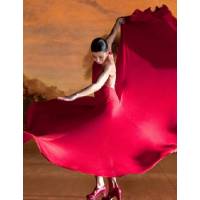 |
Form of song, dance, and instrumental (mostly guitar) music commonly associated with the Andalusian Roma (Gypsies) of southern Spain. |